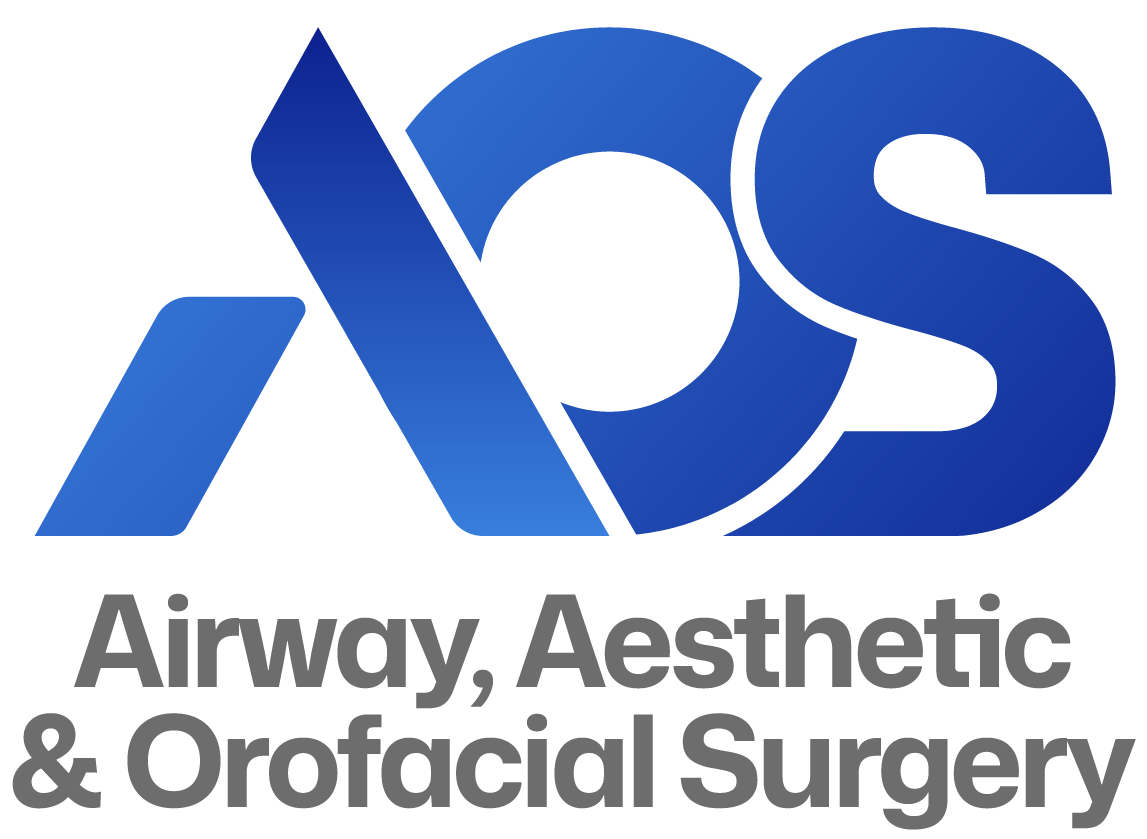Post-Operative Instructions: Orthognathic Surgery
- Go to your nearest emergency room if you are having trouble breathing.
- Notify our office if you have increasing drainage from your incision or recurring fever (>101.5 F) for more than 12 hours.
- Facial swelling will increase for the first 48–72 hours. Apply ice packs (20 minutes on/20 minutes off) and keep your head elevated (extra pillow or recliner). Most of the swelling will resolve within the first few weeks; however, healing will continue for 4–6 months.
- Bruising may occur after a few days. In some cases, the bruising may extend onto your upper chest.
- You may shower. Make sure to keep the bathroom door unlocked and a responsible person nearby and informed. Also, keep the temperature warm (hot temperatures can drop blood pressure).
- No smoking.
- Avoid alcoholic beverages.
- Brush the teeth gently with a child-sized, soft bristle brush. You may use toothpaste. Your gums will have reduced sensation. Be careful not to injure the gums while brushing.
- You may use a mouth rinse as prescribed.
- Take antibiotics as directed until completion. The first dose may be taken when you arrive at home.
- The liquid pain medication can be taken every 4–6 hours as needed.
- It is important to stay well hydrated and well nourished. Meals may include liquids such as juice, broth, milk products (including soy, rice), and liquid supplements (Muscle Milk®, protein plus). No chewing. Your doctor will advise you when it is safe to begin chewing. Most large pharmacies carry a variety of supplements in different flavors. It is generally easier to sip directly from a cup, but you may use a straw if you like. You should try to have 4–6 meals a day to be sure that you are receiving ample nutrition and hydration.
- Do not lie in bed all day. This can lead to pneumonia and blood clots. Light activity is acceptable, even good. Try to be out of bed during the daytime.
- You should not drive if you are taking pain medication.
- Please notify your doctor if you feel that your bite has shifted.
- Dr. Alfi may be reached 24 hours a day at 844-ALFI-OMS if there are any questions or concerns.
In addition to the above, for upper jaw surgery patients:
-
Nasal congestion and minor nosebleeds are expected. You may sniff back or wipe the nose, but do not blow. You may use saline nasal spray to loosen clots and mucus. Flonase®twice a day for the first week can also help decrease inflammation of the nasal passages. Afrin®Nasal Spray may be used for severe congestion, but for no more than 2 consecutive days.
Post-Surgical Aftercare: Follow-Up After Surgery
- We understand that the first week after surgery can be difficult. Although the swelling peaks at 2–3 days after surgery, it doesn’t really start to come down until after the first week. At 2 weeks after surgery, usually 70% of the swelling has resolved. For the final swelling and numbness to resolve, it will take weeks to months after surgery. It is expected to be more swollen or numb on one side versus the other.
- One week after surgery, you will follow up with Dr. Alfi. If you need to be seen sooner, it will not be a problem. After one week, the swelling should be starting to come down. You should still be on a liquid diet at this point.
- Mouth opening exercises—After the first week, begin to stretch the mouth open. You will need to do this 6 times a day for a period of 5–10 minutes. We do not want you to hurt yourself. Stretch the jaw open so you can regain your normal mouth opening.
- Brushing teeth—After your meals and mouth opening exercises, you should thoroughly brush and clean your teeth.
Absolutely no chewing for the first 2 months!
6 weeks
You can blow your nose 6 weeks after surgery. We will again assess your bite and change the elastic pattern if needed.
8 weeks
You may begin chewing soft food 8 weeks after surgery. Start with softer foods, and over the next 4 weeks, you can transition to a normal diet.
12 weeks
You will need to be seen 12 weeks after surgery and then every 3 months until your braces are off.
